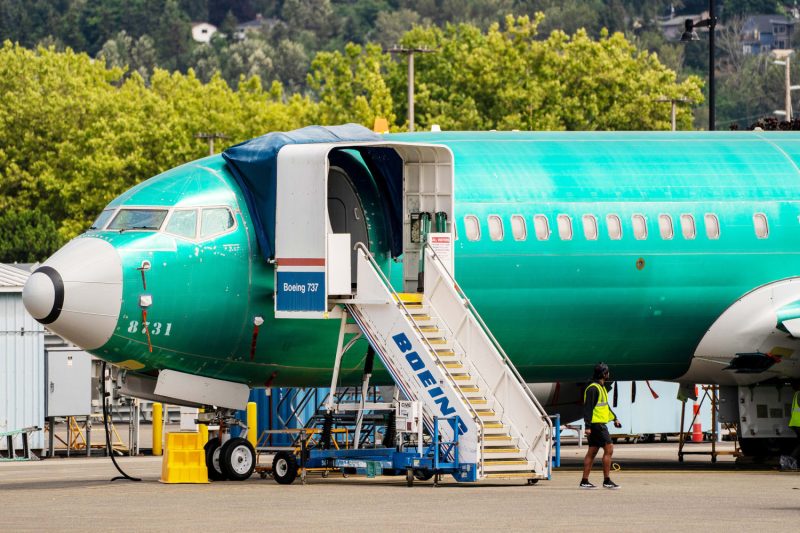As Boeing grapples with the significant economic blow dealt by the COVID-19 pandemic, it is clear that the corporate titan is not immune to the struggles faced by companies worldwide. Amidst the sea of uncertainties, Boeing’s plan to raise approximately $25 billion in a bond offering holds the promise of stabilizing its balance sheet and sustaining its operations.
To better comprehend the situation at hand, it is essential to delve into the details of Boeing’s decision. Bearing the brunt of plummeting airplane demand and ongoing production issues with the 737 Max, Boeing is turning to the debt market as an avenue to restore its financial health. In particular, the company is offering bonds in seven parts, with maturities ranging from three to 40 years. From the outside looking in, this approach signifies Boeing’s proactive stance in reinventing its financial strategy to ensure future stability.
Boeing’s monumental decision to raise as much as $25 billion in bond offering is backed by compelling reasons. The foremost amongst them is the precipitous decline in the industry’s revenue caused by the COVID-19 pandemic. Given that airlines are severely cash-strapped and unlikely to place new aircraft orders, Boeing had to look for other ways to shore up their balance sheet. Notably, raising capital through bonds allows the company to evade the federal aid package’s limitations. The said offering will aid Boeing to bypass the U.S. government’s restrictions on dividends and share repurchases, granting them the flexibility they need in these trying times.
Additionally, the bond offering comes at a time when Boeing is dealing with the deep-seated issues of the 737 Max planes. Amidst the ongoing safety review, the creation of massive cash reserves through the debt market could prove to be a saving grace. It would equip Boeing with the needed financial resources to resolve the technical glitches and to regain the trust of airlines and passengers.
Complementing the bond offering is Boeing’s strategic plan on cost management and cash conservation. The company intends to curtail production of its wide-body planes and to expediently return the grounded 737 Max planes into service. These coordinated efforts underline Boeing’s commitment to preserving liquidity and mitigating the financial repercussions of COVID-19.
Despite the challenges, it’s worthy to note that the company’s bond offering was viewed with keen interest by investors. This uptick in interest may be credited to the promising roster of underwriters backing the deal, which includes JP Morgan, Citigroup, BofA Securities, and Wells Fargo Securities. Additionally, the positive response reflects the faith that investors have in Boeing’s long-term prospects amidst the ongoing crisis.
In conclusion, Boeing’s decision to undertake a bond offering of up to $25 billion underscores its determination to weather the storm ignited by the global pandemic. Far from being just a company’s survival strategy, this move could also be seen as a testament to Boeing’s resilience against manifold adversities. It is indeed a huge step towards achieving fiscal stability and fortifying the confidence of everyone involved in the company’s operations. With relentless efforts and a relentless spirit, Boeing continues to soar high under pressure, showcasing its commitment to restoring the financial health and enduring legacy of this storied company.






























